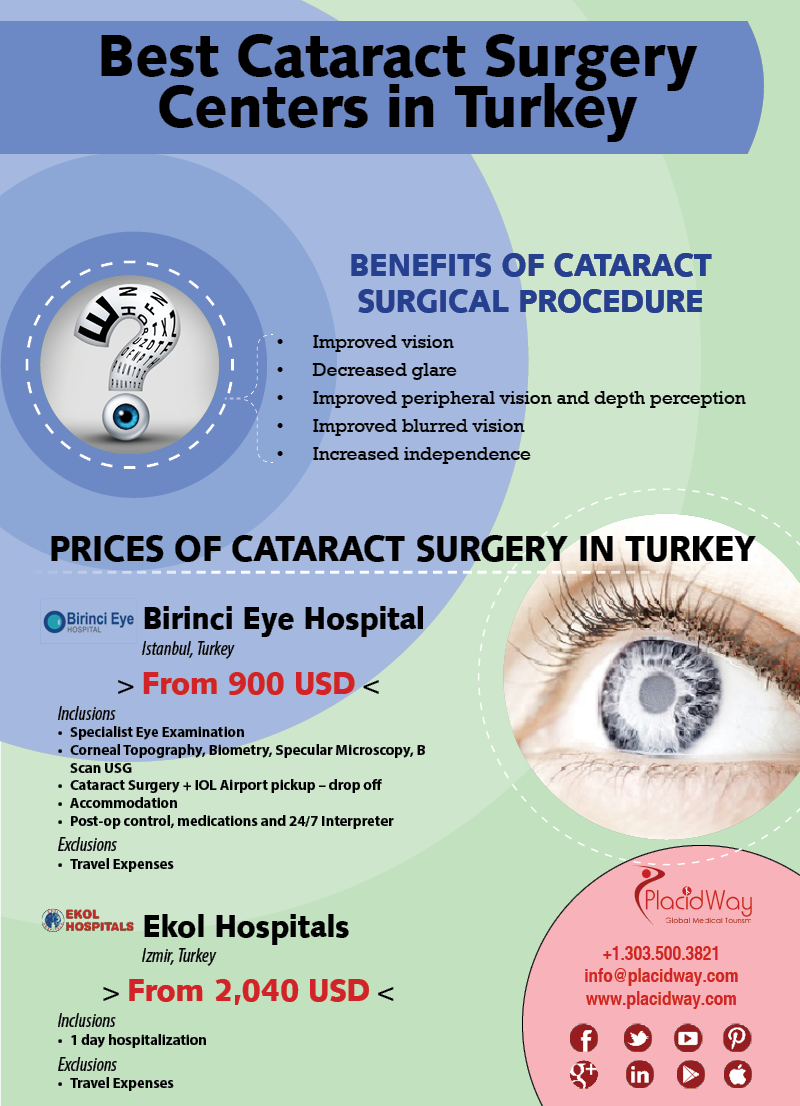SMILE Eye Surgery Supplies A Minimally Intrusive Technique For Vision Correction, Yet What Are The Feasible Dangers And Healing Info You Should Know?
Article Writer-Buch McQueen If you're taking into consideration vision modification options, SMILE eye surgical treatment may be on your radar. This ingenious procedure involves developing a little lenticule in the cornea to address nearsightedness and astigmatism. Unlike traditional LASIK, it's less invasive and assures quicker recovery. Nevertheless, while there are significant benefits, there are likewise risks involved. Understanding both facets can help you make an informed decision concerning your eye wellness. What's the recuperation process like, and what should you anticipate?
Understanding the SMILE Treatment
The SMILE treatment, or Small Incision Lenticule Extraction, is a minimally invasive eye surgery made to deal with vision issues like nearsightedness and astigmatism. Throughout this treatment, a laser develops a tiny lenticule, or lens-shaped tissue, within the cornea. You will not need any stitches, as the small cut permits a quick healing. The cosmetic surgeon after that eliminates the lenticule with this tiny cut, improving your cornea to boost your vision. Unlike standard LASIK, SMILE does not need the creation of a huge flap, which can lead to less difficulties. You'll find that this strategy is much less disruptive to the corneal framework, possibly improving stability. Comprehending the treatment helps you really feel extra confident as you consider your options for vision correction.
Advantages of SMILE Eye Surgical Procedure
While taking into consideration vision modification alternatives, you could discover that SMILE eye surgery provides numerous engaging advantages. Initially, it's minimally invasive, requiring just a little laceration, which means much less disruption to your eye structure. This brings about quicker healing times and less pain compared to typical LASIK. You'll also appreciate its accuracy; SMILE utilizes advanced laser technology to reshape the cornea, giving excellent results for nearsightedness and astigmatism. In addition, many clients report improved visual quality, with fewer instances of glow or halos. Given that there's no demand for a corneal flap, your eyes stay a lot more secure post-surgery. Lastly, outpatient smile eye surgery raleigh takes just a couple of minutes, enabling you to go back to your daily tasks much faster than with other approaches.
Potential Threats and Recuperation Refine
Although SMILE eye surgical procedure is generally secure, it is necessary to be familiar with potential dangers that can arise during or after the treatment. Some individuals may experience temporary negative effects like dry eyes, glow, or halos around lights. In uncommon cases, issues such as infection, vision loss, or the need for added surgical procedure can take place. Recuperation normally involves a couple of days off and staying clear of difficult tasks. You should follow your cosmetic surgeon's post-operative guidelines very carefully, including utilizing suggested eye decreases and going to follow-up consultations. Many individuals see improved vision within a few days, however full recuperation can take weeks. Remaining https://www.globenewswire.com/en/news-release/2020/02/04/1979288/0/en/Ophthalmic-Surgical-Devices-Market-to-Hit-12-75-Bn-by-2026-Increasing-Popularity-of-LASIK-Surgical-Procedure-to-Boost-Market-Growth-Fortune-Business-Insights.html and giving your eyes time to heal is important for the very best end result.
Final thought
Finally, SMILE eye surgical procedure provides a contemporary, minimally intrusive choice for fixing nearsightedness and astigmatism. With its quicker recuperation time and decreased discomfort, it's an attractive option for several. Nonetheless, it's important to consider the possible threats versus the advantages. By remaining notified and following post-operative treatment, you can optimize your chances of a successful end result. If you're considering this treatment, speak with your eye care professional to figure out if it's right for you. 